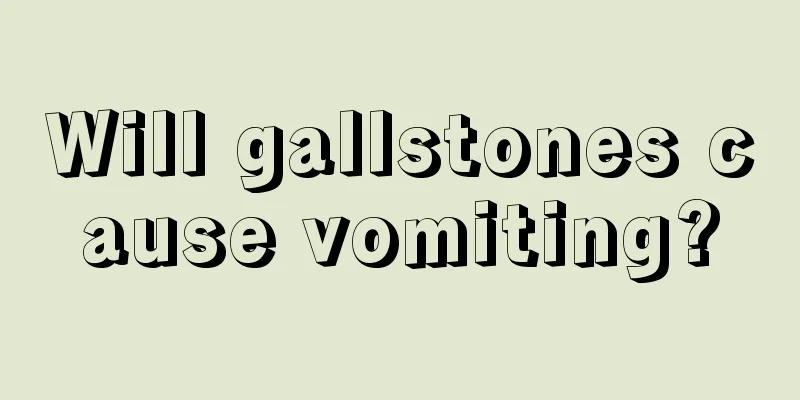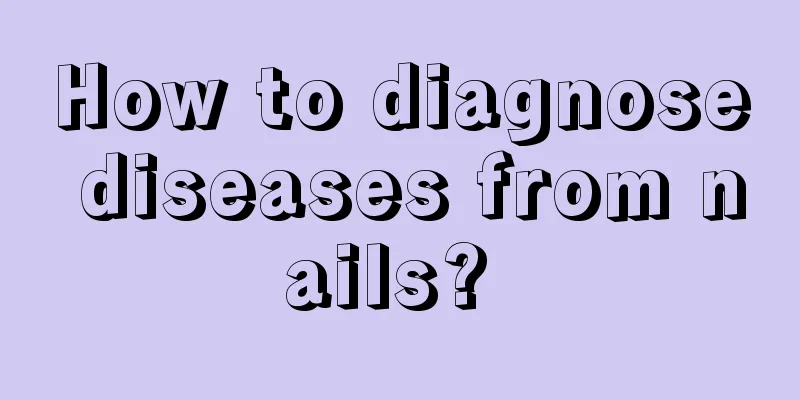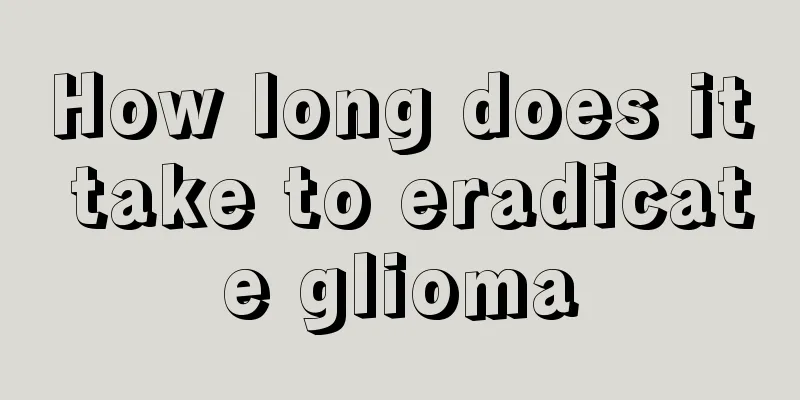Will gallstones cause vomiting?

|
Although gallstones are a well-known disease, most people do not have a very clear understanding of the incidence of gallstones. Vomiting is very common in life, but the reasons for vomiting are different for each person. Some people find that they often want to vomit after suffering from gallstones. So can gallstone disease really cause a person to vomit? Gallstones can cause vomiting. Patients with gallstones often have indigestion symptoms such as heartburn, belching, and abdominal distension. Smaller stones can often move and become lodged in the neck of the gallbladder, causing severe biliary colic accompanied by nausea and vomiting. If the position of the lodged stones changes and the obstruction is relieved, the biliary colic can be relieved. Acute attacks mostly occur after a full meal or greasy food. When lying flat, gallstones can easily slip into the cystic duct and cause obstruction, so some patients may have attacks at night. Gallstones are a disease in which stones form in the gallbladder. It is a common disease in my country. The incidence rate increases with age, and the incidence rate is higher in women than in men. Under normal circumstances, gallbladder stones will not occur because there is a certain proportion of bile salts and lecithin in normal bile that keeps cholesterol dissolved and does not precipitate. Red and yellow urine due to gallstones indicates that the patient has developed obstructive jaundice and needs timely treatment. If the gallbladder is still functional and the heart and lung functions are fine, the gallbladder can be saved. With the progress and development of science and technology, especially the exploration of various disadvantages after cholecystectomy, it was found that the gallbladder has extremely complex and important functions and is an indispensable and irreplaceable important digestive and immune organ. For this reason, cholecystectomy will bring many serious long-term side effects, which should be taken seriously by patients. It directly affects the patient's quality of life and even endangers the patient's life. Gallstones, also known as cholelithiasis, refers to a disease in which stones occur in the biliary system, including the gallbladder or bile duct; biliary infection is a common disease. According to the site of onset, it is divided into gallbladder stones and bile duct stones. After the stones are formed in the gallbladder, they can irritate the gallbladder mucosa, which can not only cause chronic inflammation of the gallbladder, but also cause secondary infection when the stones are lodged in the gallbladder neck or cystic duct, leading to acute inflammation of the gallbladder. Due to the chronic irritation of gallbladder mucosa by stones, it may also lead to the occurrence of gallbladder cancer. It has been reported that the incidence of this type of gallbladder cancer can reach 1% to 2%. Through the detailed introduction above, I believe everyone is already familiar with the causes of vomiting due to gallstones. For patients with serious conditions, we recommend going to a specialist hospital for a physical examination. |
<<: Gallstones cause a little dull pain every day
>>: Recovery period of minimally invasive surgery for gallstones
Recommend
Is the white line on the shrimp head a parasite?
For a long time, there has been a rumor on the In...
Can liver cancer patients have children?
Can women with liver cancer still have children? ...
Yoga meditation movements, four practice methods
If we can take some time every day to practice me...
What is the peak age for gastric cancer
Nowadays, there are many people around us who are...
Will crooked wisdom teeth cause inverted cheeks?
Wisdom teeth are a special type of tooth that gro...
Can I still have surgery if I have pleural effusion in the late stage of lung cancer?
Whether surgery can be performed after pleural ef...
What to do if chickens get avian flu
In recent years, human infection with avian influ...
What is an osteosarcoma attack like?
What is the onset of osteosarcoma like? Speaking ...
How to make thick eyelids thinner?
The condition of the eyes is very important to pe...
How should patients with prostate cancer match their diet
There is a lot of knowledge in food matching, jus...
Prostate cancer is most afraid of three kinds of fruits
There is no saying that prostate cancer is most a...
Is acupuncture useful for dizziness?
Dizziness is a common condition in people's d...
Can diabetics drink snow chrysanthemum? Dietary principles for diabetics
There are many dietary considerations for diabeti...
What are the best ways to clean intestinal stool?
Intestinal obstruction can cause great harm to th...
Can aloe vera cure gray hair?
For some people with premature graying or prematu...









